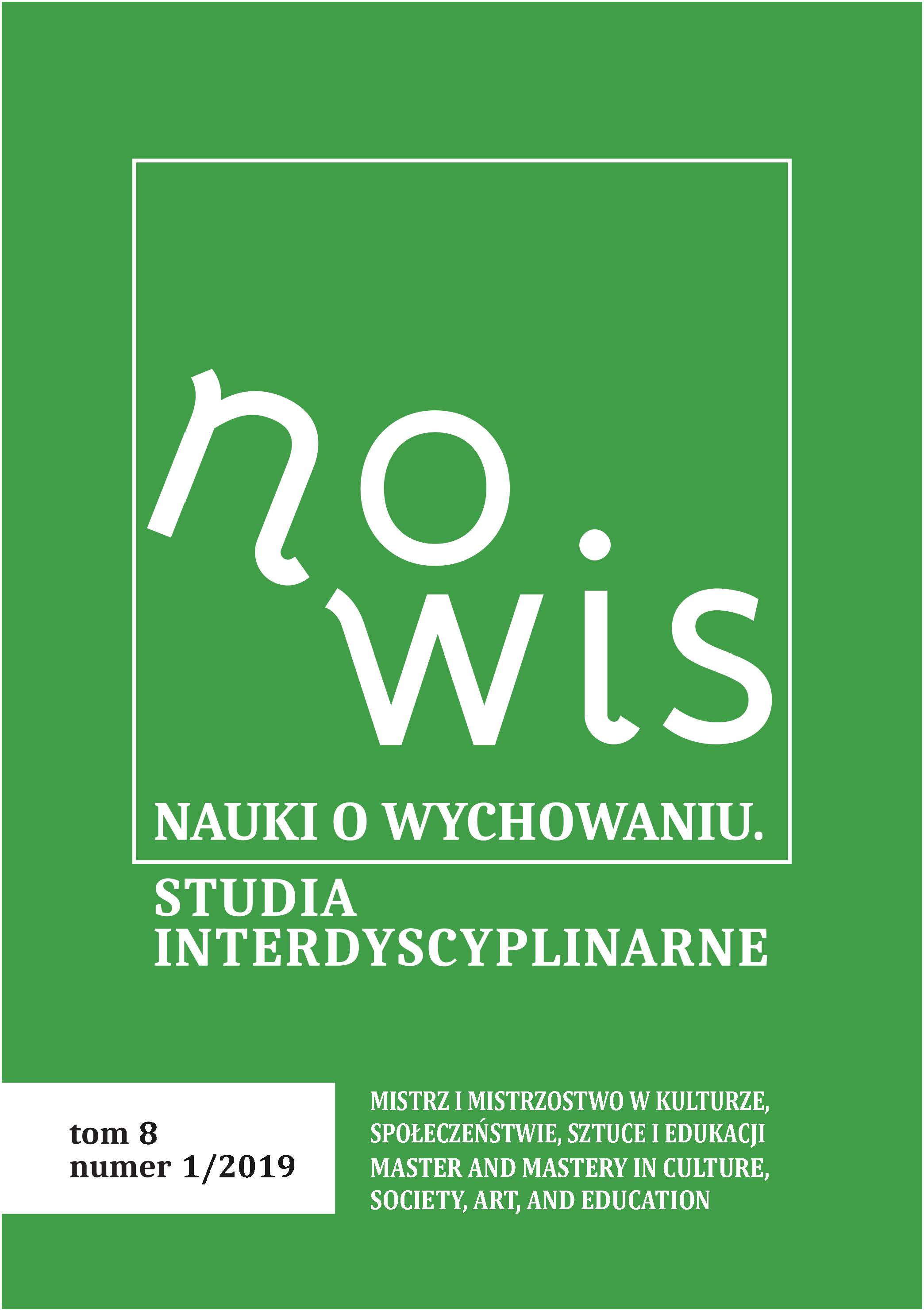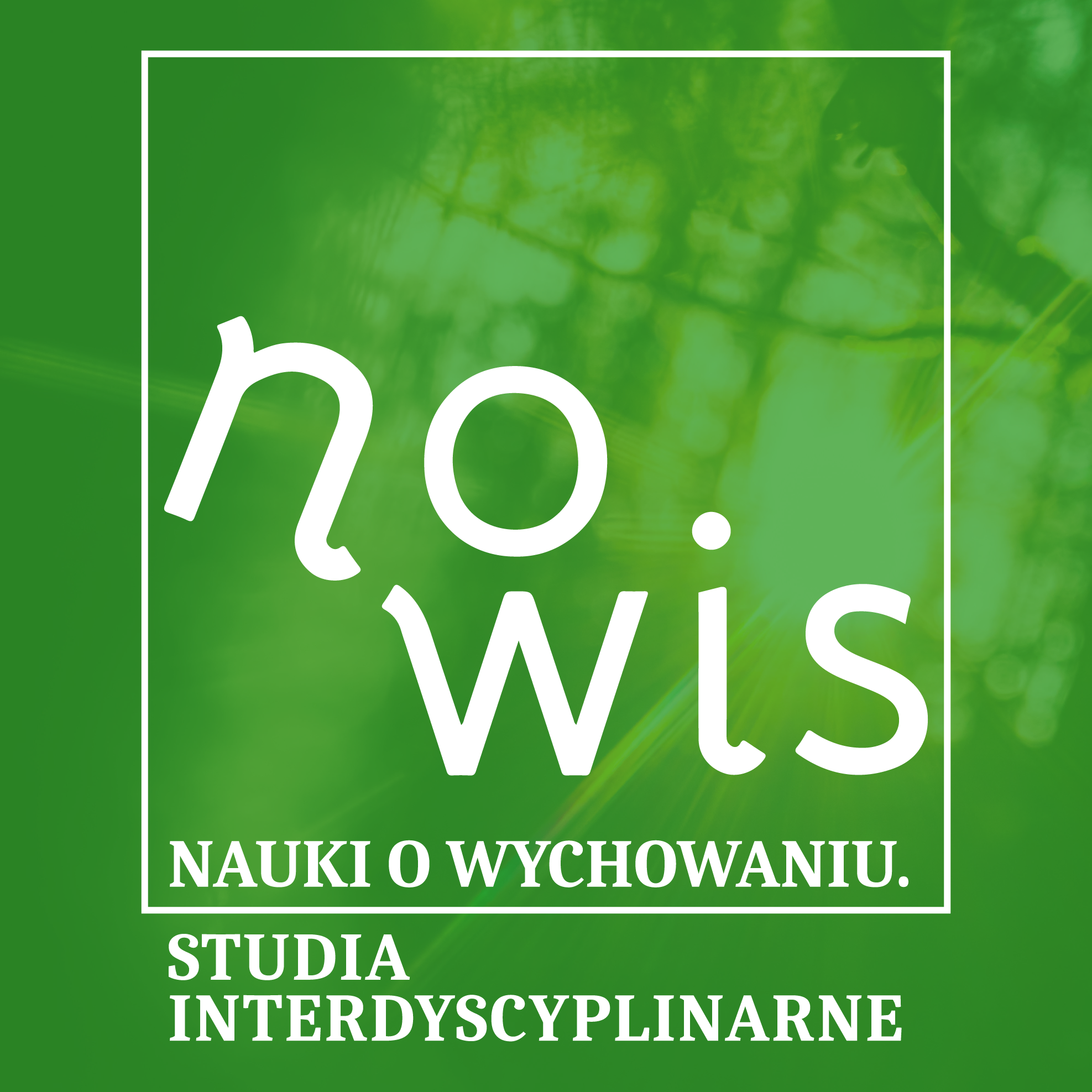How Should One Write about Masters?
DOI :
https://doi.org/10.18778/2450-4491.08.06Mots-clés :
Master, mastery, student, master-disciple relation, Andrzej de Lazari, Ernest Gellner, Alfred Tarski, Claude Lévi-Strauss, Andrzej Walicki, Roman Jakobson, rhetoric, narrationRésumé
The aim of the paper is to answer the question: how should one write about masters? It is a question about the narrative strategies of authors writing about masters. The presented analysis is based on five examples: (1) John A. Hall’s Ernest Gellner: An Intellectual Biography, (2) Anita Burdman Feferman and Solomon Feferman’s Alfred Tarski: Life and Logic, (3) Edmund Leach’s Lévi-Strauss, (4) Andrzej Walicki’s Idee i ludzie. Próba autobiografii [Ideas and People. An Attempt at an Autobiography], and (5) Dialogues by Roman Jakobson and Krystyna Pomorska. Each text presents different rhetorical devices, authorial relations to the master, and academic aims. The paper concludes with a critical comparison of the five examples (with the addition of some other minor cases also discussed in the paper).
Références
Abriszewski K., Kola A. F., Kowalewski J. (Eds.) (2016) Humanistyka (pół)peryferii, Olsztyn–Toruń, Forum Humanistyczne.
View in Google Scholar
Chodźko B., Feliksiak E., Olesiewicz M. (Eds.) (2006) Obecność. Maria Renata Mayenowa (1908–1988), Białystok, Wydawnictwo Uniwersytetu w Białymstoku.
View in Google Scholar
Dąbrowska J. (2016) Nie ma się czego bać. Rozmowy z mistrzami, Warszawa, Agora.
View in Google Scholar
Douglas M. (2011) Jak myślą instytucje, transl. by O. Siara, Warszawa, Wydawnictwo Naukowe PWN.
View in Google Scholar
Feferman B. A. (1993) Politics, Logic, and Love: The Life of Jean van Heijenoort, Natick, MA, A K Peters, Ltd.
View in Google Scholar
Feferman B. A. (2000) From Trotsky to Gödel: The Life of Jean van Heijenoort, Natick, MA, A K Peters, Ltd.
View in Google Scholar
Feferman B. A., Feferman S. (2004) Alfred Tarski. Life and Logic, Cambridge, Cambridge University Press.
View in Google Scholar
Gellner E. (1984) Słowa i rzeczy, czyli nie pozbawiona analizy krytyka filozofii lingwistycznej, transl. by T. Hołówka, Warszawa, Książka i Wiedza.
View in Google Scholar
Gellner E. (1991) Narody i nacjonalizm, transl. by T. Hołówka, Warszawa, PIW.
View in Google Scholar
Głowiński M. (2010) Kręgi obcości. Opowieść autobiograficzna, Kraków, Wydawnictwo Literackie.
View in Google Scholar
Goćkowski J. (1984) Autorytety świata uczonych, Warszawa, PIW.
View in Google Scholar
Hall J. A. (2011) Ernest Gellner. An Intellectual Biography, London–New York, Verso.
View in Google Scholar
Jakobson R., Pomorska K. (1983) Dialogues, Cambridge, MA, The MIT Press.
View in Google Scholar
Janik A., Toulmina S. (1996) Wittgenstein’s Vienna, Chicago, Elephant Paperbacks, Ivan R. Dee Publisher.
View in Google Scholar
Juda-Mieloch M. (2008) Na ramionach gigantów. Figura autorytetu w polskich współczesnych tekstach literaturoznawczych, Kraków, Universitas.
View in Google Scholar
Kola A. F. (2013) ANT-ologia literatury, “Przegląd Kulturoznawczy” 1 (15): 35–47.
View in Google Scholar
Kola A. M. (2019) The Master as a Historical, Cultural and Pedagogical Category: Introduction, “Nauki o Wychowaniu. Studia Interdyscyplinarne” 1 (8): 43–69.
View in Google Scholar
Laidlaw J. (1996) Introduction in: E. Leach, Lévi-Strauss, London, Fontana Press: 7–13.
View in Google Scholar
Lazari A. de (2000) W kręgu Fiodora Dostojewskiego. Poczwiennictwo, Łódź, Ibidem.
View in Google Scholar
Leach E. (1996) Lévi-Strauss, London, Fontana Press.
View in Google Scholar
Lévi-Strauss C., Eribon D. (1994) Z bliska i z oddali, transl. by K. Kocjan, Łódź, Opus.
View in Google Scholar
Modzelewski K. (2013) Zajeździmy kobyłę historii. Wyznania poobijanego jeźdźca, Warszawa, Iskry.
View in Google Scholar
Sitek R. (2000) Warszawska szkoła historii idei. Między historią a teraźniejszością, Warszawa, Scholar.
View in Google Scholar
Ubertowska A. (2011) „Kręgi obcości”, podwójne wyjście. Projekt autobiograficzny Michała Głowińskiego, “Teksty Drugie” 4: 195–205.
View in Google Scholar
Walicki A. (2010) Idee i ludzie. Próba autobiografii, Warszawa, Instytut Historii Nauki PAN, Oficyna Wydawnicza ASPRA-JR.
View in Google Scholar
Wejland A. (2019) The Anti-Masters, “Nauki o Wychowaniu. Studia Interdyscyplinarne” 1 (8): 148-57.
View in Google Scholar
Woleński J. (2009) Przedmowa do wydania polskiego in: A. B. Feferman, S. Feferman, Alfred Tarski. Życie i logika, transl. by J. Golińska-Pilarek, M. Srebrny, Warszawa, Wydawnictwa Akademickie i Profesjonalne: 7–21.
View in Google Scholar
Téléchargements
Publiée
Comment citer
Numéro
Rubrique
Licence

Ce travail est disponible sous licence Creative Commons Attribution - Pas d'Utilisation Commerciale - Pas de Modification 4.0 International.





 Le site web de la revue, hébergé par l'équipe éditoriale de NOWIS se trouve sur la plate-forme Index Copernicus:
Le site web de la revue, hébergé par l'équipe éditoriale de NOWIS se trouve sur la plate-forme Index Copernicus: 





